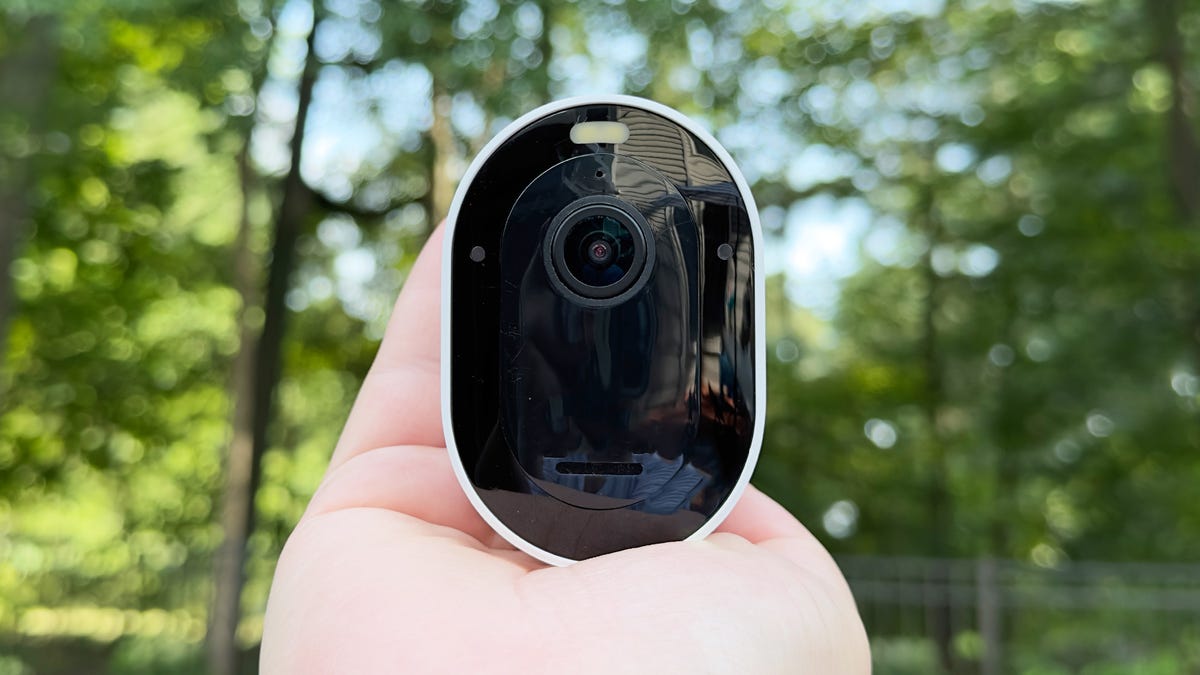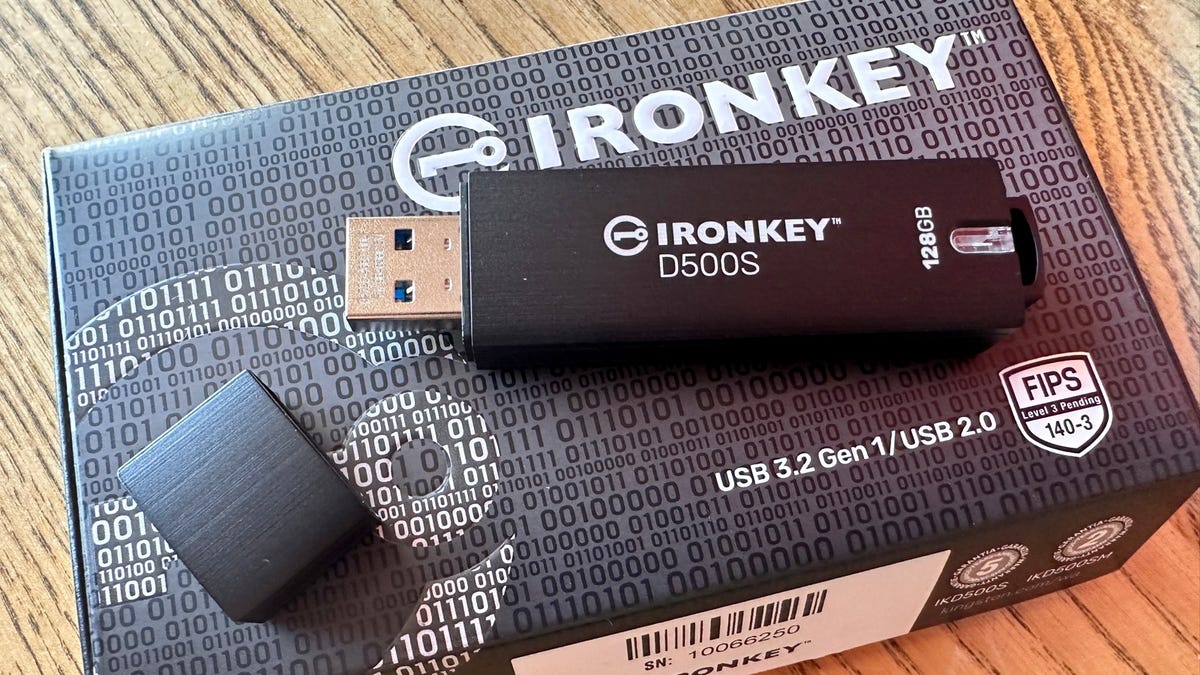Samsung has introduced a groundbreaking IoT-trackable credit card.
Samsung has introduced a groundbreaking IoT-trackable credit card.

Samsung has taken a leap forward in the credit card industry with the introduction of an innovative feature that allows users to track their credit cards using the company’s SmartThings Find service. This creative development not only adds an additional layer of security for cardholders but also simplifies the process of locating misplaced cards. By integrating the SmartThings Find service into its credit card offering, Samsung has made everyday payment tools more efficient and connected to modern digital ecosystems. Currently available exclusively in South Korea through a partnership with KB Kookmin Card, Samsung has yet to reveal any plans to bring a similar product to the United States.
Samsung’s credit card is IoT-compatible and can seamlessly integrate into the SmartThings Find app. Similar to Apple’s Find My system, the card’s location can be relayed to users through additional Samsung devices that detect it. This innovative feature is aimed at reducing the occurrence of lost or misplaced cards, ultimately providing extra convenience for Samsung cardholders. As IoT technology continues to develop and become more ingrained in our daily lives, offerings like this card are expected to become increasingly commonplace in the near future. The card utilizes Bluetooth Low Energy (BLE) technology for tracking, rather than ultra-wideband technology.
For those in the United States seeking comparable tracking options, there are alternatives available. Popular options include the Tile Tracker, which utilizes Bluetooth technology to effectively locate lost items, and Apple’s AirTag, which combines ultra-wideband and Bluetooth technology to provide a seamless tracking experience for iPhone users.
If you are looking to track your wallet, there are various options available in the market. One option is to place an Apple AirTag into your wallet. Alternatively, there are numerous Bluetooth trackers available in different shapes and sizes that can connect to your smartphone and help you easily locate your misplaced or lost wallet. Investing in a wallet tracker can provide peace of mind and protection for your valuable personal items.
The effectiveness of tracking devices depends on factors such as the type of technology used, whether it’s ultra-wideband or Bluetooth Low Energy, or both. Ultra-wideband technology offers precision finding capabilities that Bluetooth Low Energy lacks. Additionally, the size of the tracking network plays a crucial role in determining the success rate of locating lost items. A more extensive network increases the chances of finding them. Other features like battery life, durability, and user interface also contribute to the overall usability and effectiveness of these devices.
As technology continues to evolve, the credit card industry is expected to implement more IoT-based features, giving rise to smarter payment tools and services. The integration of location-based technologies, such as Samsung’s trackable card, provides an excellent opportunity for financial institutions to enhance security and offer a more connected customer experience. With IoT becoming more prevalent in our daily lives, it will be fascinating to witness the burgeoning role of IoT-enabled cards and how they redefine the payment industry.
Samsung’s introduction of an IoT-compatible credit card marks a significant advancement in making everyday payment tools more efficient and connected to modern digital ecosystems. The integration of credit card tracking capabilities allows financial institutions to enhance security and customer experience. As IoT technology continues to develop, even more innovative features and tools are expected to emerge in the credit card industry, making daily transactions more seamless and secure.
Frequently Asked Questions (FAQ)
What makes Samsung’s IoT-trackable credit card unique?
Samsung’s IoT-trackable card, utilizing Bluetooth Low Energy technology, enhances security and simplifies the process of locating misplaced cards.
Is Samsung’s IoT-compatible credit card available outside South Korea?
Currently, the card is exclusively available in South Korea through a partnership with KB Kookmin Card. Samsung has not yet revealed any plans to offer a similar product in the United States or other countries.
How does the card integrate with the SmartThings Find App?
The IoT-compatible card can be easily integrated into the SmartThings Find app, allowing its location to be relayed to users through additional Samsung devices. This feature aims to reduce lost or misplaced cards, providing extra convenience for Samsung cardholders.
What are some alternative solutions for tracking essential items like credit cards and wallets?
Alternative tracking solutions include the popular Tile tracker, which uses Bluetooth technology to locate lost items, and Apple’s AirTag, combining ultra-wideband and Bluetooth technology for a seamless tracking experience for iPhone users.
Can existing tracking devices be used for wallets?
Users can place an Apple AirTag into their wallets or explore the many Bluetooth trackers available on the market, which come in various shapes and sizes. These trackers use Bluetooth technology to connect to your smartphone, allowing you to easily locate your misplaced or lost wallet.
What factors affect the effectiveness of tracking devices?
The effectiveness of tracking devices depends on factors such as the type of technology used (ultra-wideband, Bluetooth Low Energy, or both), the tracking network employed, the size of the tracking network, and features such as battery life, durability, and user interface.
What does the future of IoT in the credit card industry look like?
The credit card industry is expected to implement further IoT-based features, leading to more innovative payment tools and services. Integrating location-based technologies provides opportunities for financial institutions to enhance security and offer a more connected customer experience. As IoT becomes more widespread, it will be interesting to see the evolving role of IoT-enabled cards and their impact on the payment industry.
First Reported on: theENBLE.com






